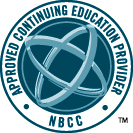
Building Professional Excellence

Using Mindfulness Techniques to Treat Eating Disorders
Treatment of eating disorders poses unique challenges for providers. Western mental health has become increasingly interested in using the Buddhist practice of mindfulness as a means of therapeutic change. This presentation looks at the role of mindfulness in treating eating disorders as part of a comprehensive treatment paradigm.
During this webinar, participants will learn about:
- The core qualities of mindfulness.
- The healing potential of mindfulness.
- Bulimia nervosa, anorexia nervosa and binge-eating disorder.
- The typical treatment modalities for eating disorders.
- Mindfulness-based treatments including mindfulness-based cognitive therapy (MBCT) and cognitive emotional behavioral therapy for eating disorders (CEBT-ED).
- Specific mindfulness treatment techniques.
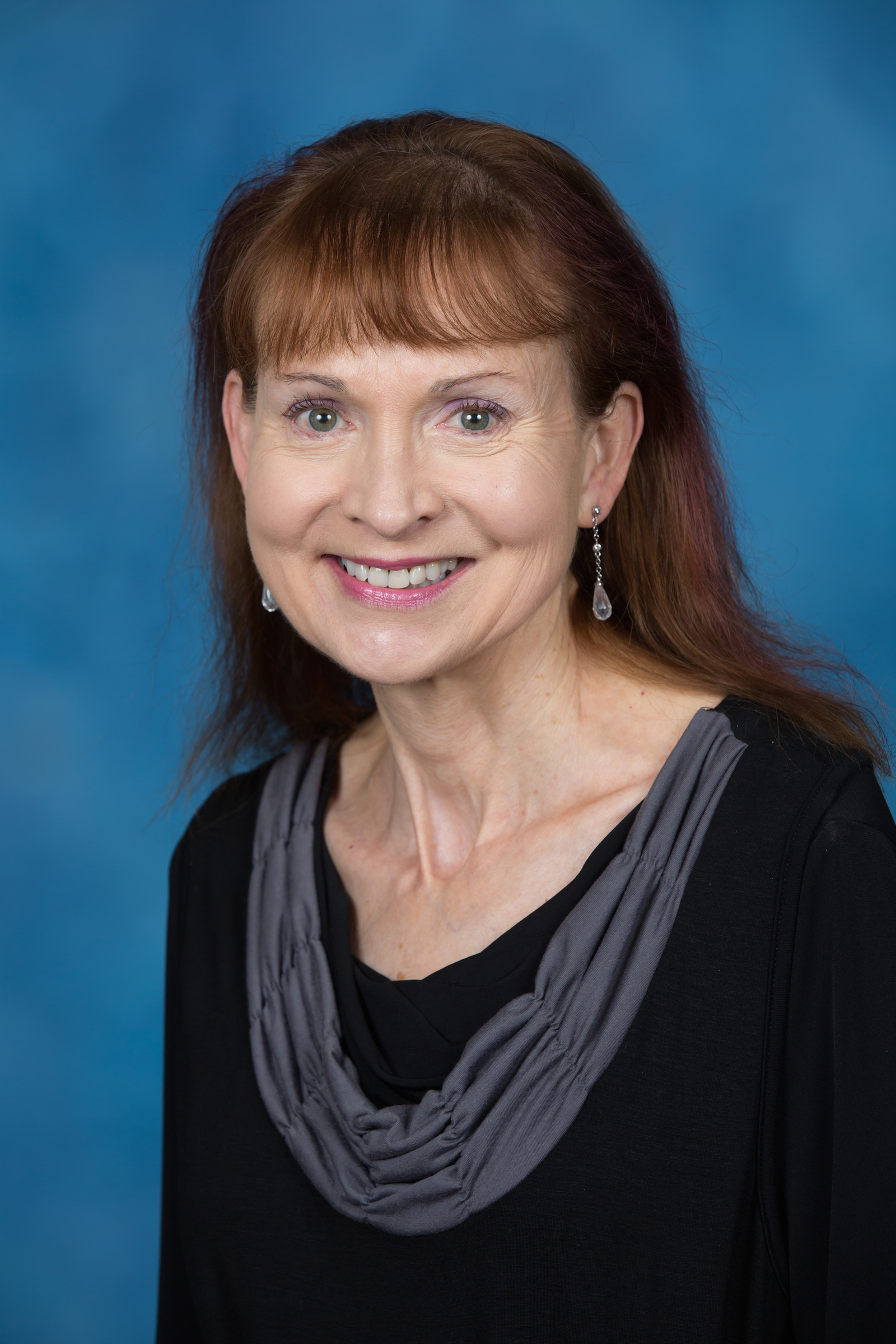
Marty Slyter, Ph.D., NCC, LMHC, LPC
Marty Slyter has over 30 years of experience as a professional counselor, having worked in youth corrections, the public school system and a community college counseling center. She has been a counselor educator since 1999. Dr. Slyter has taught in both school counseling and mental health counseling programs in addition to serving as coordinator of two school counseling training programs and program director for an entire graduate counseling program. She is a licensed mental health counselor in Washington and a licensed professional counselor in Colorado.
Dr. Slyter has a bachelor’s degree in theater and communications education from the University of Colorado-Boulder; a master’s degree in psychology, counseling and guidance from the University of Northern Colorado; and a doctorate in counselor education and supervision from the University of Northern Colorado.
Dr. Slyter currently resides in Westminster, Colorado, and is core faculty at Walden University in the College of Social and Behavioral Sciences, Clinical Mental Health Counseling Program. She is the primary lead faculty for the program’s multicultural counseling courses. Her professional areas of interest are effective treatment of eating disorders, adolescent issues, art therapy techniques and counselor wellness.
Neurobiology of Counseling: Application and Interventions for Clinicians
In this webinar, participants will learn basic neurobiological principles that underlie human development and behavior; how to connect these principles to counseling practice; and specific counseling interventions supported by neuroscience research that support client/student learning, growth and well-being.
At the end of this session, attendees will be able to:
- Describe at least two basic structural mechanisms of the brain that impact human functioning.
- Discuss the synergy that exists between neurobiology principles and counseling practice.
- Describe at least two specific ways to apply neurobiology principles to counseling practice.
- Describe at least two neuroscience-supported interventions or strategies to use with clients or students to improve counseling or learning outcomes.
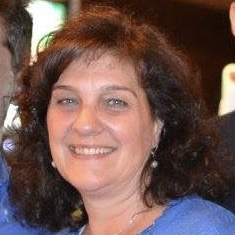
Kathy Shoemaker, M.A., Ed.S., NCC, ACS, LPC, CPS
Kathy Shoemaker is a licensed professional counselor and school counselor in New Jersey, as well as a National Certified Counselor (NCC) and Approved Clinical Supervisor (ACS). As a doctoral candidate at Montclair State University in the Counselor Education program, she is focused on the synergistic relationship between neuroscience, counseling and learning and the implications for clients and students. She has trained in interpersonal neurobiology through the Mindsight Institute.
For two decades, Ms. Shoemaker has worked with children and adolescents in school and community settings promoting healthy developmental trajectories. As a prevention specialist and school counselor, she teaches brain-based concepts and uses mindfulness interventions with students individually, in groups and in the classroom to help overcome academic, behavioral and emotional obstacles to feeling successfully engaged in school. In her work at an intensive outpatient substance abuse program for adolescent clients and their families, Ms. Shoemaker incorporated neuroscience into the psychoeducational component of treatment to support client self-awareness. Most recently, she has integrated neuroscience research into the counseling courses she teaches and has presented on neuroscience and mindfulness in a variety of forums to support neuro-informed counseling. Ms. Shoemaker will teach in Rider University’s counseling program starting fall of 2016.
Q & ACounseling LGBTQQ+ Partners: Supporting Resilience and Empowerment
In this webinar, attendees will explore the theoretical perspectives undergirding affirmative counseling with LGBTQQ+ partners. These perspectives are intricately related to the values of the counseling field, including multiculturalism, social justice, strengths-based, empowerment, and resilience approaches. Participants will learn about the historical and contemporary influences on the lives of LGBTQQ+ partners, and the various identities and relational structures that support their lives. Attendees will learn how to explore their own assumptions about LGBTQQ+ partners, as well as how to create empowering spaces for LGBTQQ+ partners both within and outside of the counseling session
After this webinar, participants will be able to:
- Identify the counseling theoretical approaches most affirming for LGBTQQ+ partners.
- List at least three protective factors for LGBTQQ+ partners.
- Describe at least three risk factors for LGBTQQ+ partners.
- Detail the major advocacy concerns when working with LGBTQQ+ partners.
- Identify their own attitudes and assumptions about LGBTQQ+ partners.
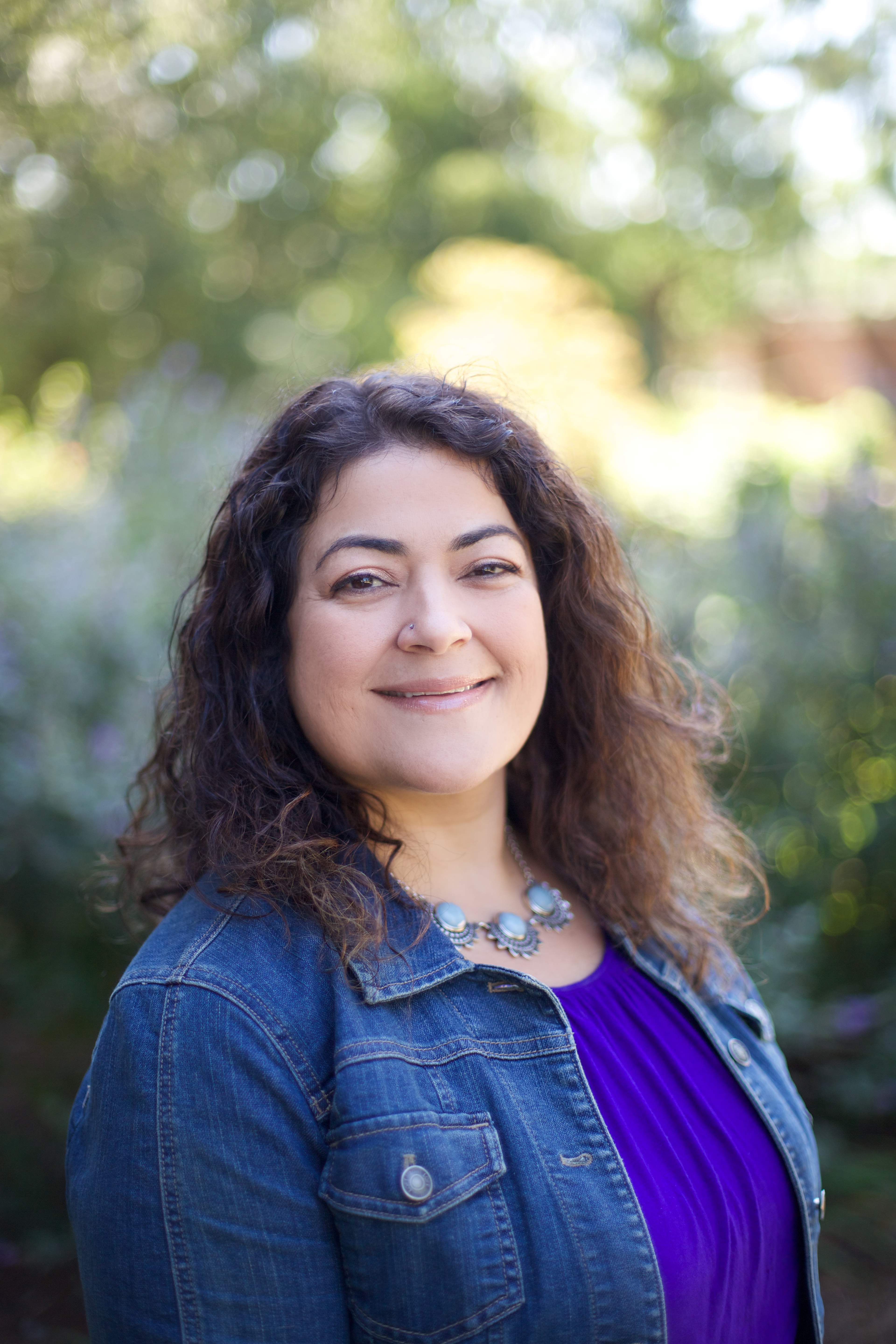
Anneliese A. Singh, Ph.D., LPC, NCC
Anneliese A. Singh is an associate professor in the Department of Counseling and Human Development Services and program coordinator of the Counseling and Student Personnel Services doctoral program at the University of Georgia. Dr. Singh is past president of the Association for Lesbian, Gay, Bisexual, and Transgender Issues in Counseling (ALGBTIC) where her presidential initiatives included the development of counseling competencies for working with transgender clients in counseling, supporting queer people of color, and ensuring safe schools for LGBTQQ+ youth.
Dr. Singh is a cofounder of the Georgia Safe Schools Coalition, an organization that works at the intersection of heterosexism, racism, sexism, and other oppressions to create safe school environments in Georgia, and has been honored with more than 11 national awards for her work in community-building. She also founded the Trans Resilience Project to translate findings from her over 10 years of research on the resilience that transgender people develop to navigate societal oppression. She is a co-primary investigator on a multi-site (Atlanta, New York, San Francisco) longitudinal study investigating transgender identity development, risk, and resilience, funded by the National Institutes of Health. Dr. Singh actively works on being a better ally to transgender people and developing empowering spaces for people of color who have survived sexual abuse, and has worked on initiatives to end child sexual abuse in South Asian/Indian communities. Dr. Singh is a Sikh American and passionately believes in and strives to live by the ideals of Dr. King’s beloved community, as well as Audre Lorde’s quote: “Without community, there is no liberation.”
Q & ABoundaries and Power Differentials in Helping Relationships
Boundaries in the therapeutic process are like boundaries in any relationship. Some are clear and straightforward, while others can often become blurred. This webinar will shed light on boundaries that are ethically required for the welfare of both the client and clinician while at the same time point out that therapy is an intimate process in which there is a balance of power that must be acknowledged and respected.
In this session, participants will:
- Learn the importance of power differentials in the counseling relationship.
- Learn how the office environment can contribute to subconscious power positions.
- Learn how to use their titles to establish power.
- Learn why the first few sentences of therapy set the stage for positions of power.
- Learn how body language contributes to subconscious power messages.
- Understand the importance of cultural power differentials (gender, age, appearance).
- Discover their personal feelings about “power” in order to understand the power differential in the helping profession.
- Learn how replacing power with knowledge and experience can often help to neutralize a dangerous situation.

Donna Dannenfelser, Ed.D., NCC, MAC
Dr. Donna Dannenfelser received her master’s in counseling from Hofstra University before receiving her Ph.D. and Ed.D. from Long Island University and Dowling College, respectively. Dr. Dannenfelser has a unique career journey as a counselor; she worked for the New York Jets and even had a TV show based on her life. Necessary Roughness, the USA Network drama, ended its three-season run in November 2013 with an average of four million viewers. During this time, it earned accolades, including a 2012 Golden Globe nomination for star Callie Thorne, and the Voice Award for raising mental health awareness. It drew recognition for tackling controversial subjects drawn from the real world of professional sports, including illegal performance-enhancing drugs and gay athletes.
The show centered around Dr. Donna’s unique role as the first female mental health clinician to bring hypnotherapy to an NFL team in the 90s. She has been the subject of frequent profiles, both during the show’s run and her years with the New York Jets.
Dr. Donna regularly appears as an expert guest on television news programs. She was featured on The Dr. Oz Show, where she spoke about positive thoughts and how they keep us healthy. She has also joined Regis Philbin on ESPN’s Crowd Goes Wild, on which she spoke about athletes and their reliance on superstitions. She is the featured therapist on Flipping Out, with Jeff Lewis. She is also a sports correspondent to TMZ Sports, Bloomberg News, and Today. She is a frequent contributor to the Huffington Post.
Dr. Donna is the author of the international bestselling Game On!: What I learned During My Time As The Shrink To the NY Jets – How To Achieve Anything You Want In Life! Dr. Donna is currently a keynote speaker and has her private practice in Encino, California.
Q & APreventing Child and Adolescent Suicide: Skills Application
This webinar will provide beginning and experienced counselors with the information they need to begin the prevention and crisis-management process when working with a potentially suicidal client. In addition, information about how to facilitate postvention efforts with the survivors of attempts and completions will be provided.
The objectives of this session are:
- To discuss approaches to prevention to reduce the risk of suicide attempts and completions.
- To provide mental health counselors with the information they need for crisis management after a suicide attempt or completion.
- To provide mental health counselors and other professionals with the information they need for postvention after suicide attempt or completion.
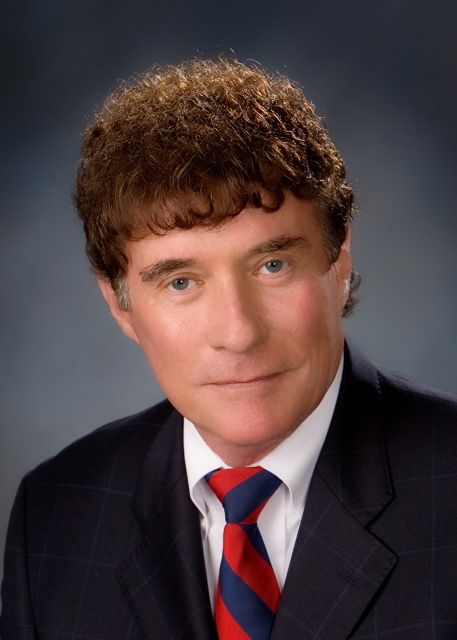
David Capuzzi, Ph.D., NCC, LPC
David Capuzzi is a graduate of Florida State University and licensed as a counselor in Oregon. He is certified by the National Board for Certified Counselors as a National Certified Counselor. Currently, Dr. Capuzzi is a core faculty member in the clinical mental health counseling degree program in counselor education and supervision at Walden University as well as a senior faculty associate in the Department of Counseling and Human Services at Johns Hopkins University. He is professor emeritus at Portland State University, in Portland, Oregon. From 2007–2009, he served as affiliate professor at Pennsylvania State University. He is past president of the American Counseling Association (ACA).
A frequent keynote and workshop presenter at professional conferences and institutes, Dr. Capuzzi has also consulted with a variety of school districts and community agencies on initiating prevention and intervention strategies for adolescents at risk for suicide. He has facilitated the development of suicide prevention, crisis management and postvention programs in communities throughout the United States; provides training on the topics of youth at risk, grief and loss, group work and other topics; and serves as an invited adjunct faculty member at other universities as time permits. He is the first recipient of ACA's Kitty Cole Human Rights Award and a recipient of the Leona Tyler Award in Oregon. He was inducted as an ACA fellow in 2008, and was the 2010 recipient of ACA’s Kathleen and Gilbert Wrenn Award for a Humanitarian and Caring Person. In 2011, he was named a Distinguished Alumnus by the College of Education at Florida State University.
Dr. Capuzzi has co-authored or co-edited 10 textbooks used in counselor education programs.
Q & ATreating Trauma With Dialectical Behavior Therapy
While most often associated with the treatment of borderline personality disorder, dialectical behavior therapy (DBT) has been shown to be effective in treating several other conditions with aspects of emotional dysregulation, interpersonal problems and maladaptive coping. This webinar will show clinicians how the principles and techniques of DBT can be used to treat clients struggling with the effects of trauma.
By the end of this webinar, participants will be able to:
- Discuss how trauma can lead to problems with emotion regulation, interpersonal relationships, identity development and behavioral control.
- Describe the three-phase model of treatment for trauma.
- Identify the core components of dialectical behavior therapy.
- Accurately identify the four modules taught in the skills training component of DBT.
- Discuss how DBT Skills can be applied within the three-phase treatment approach to trauma.
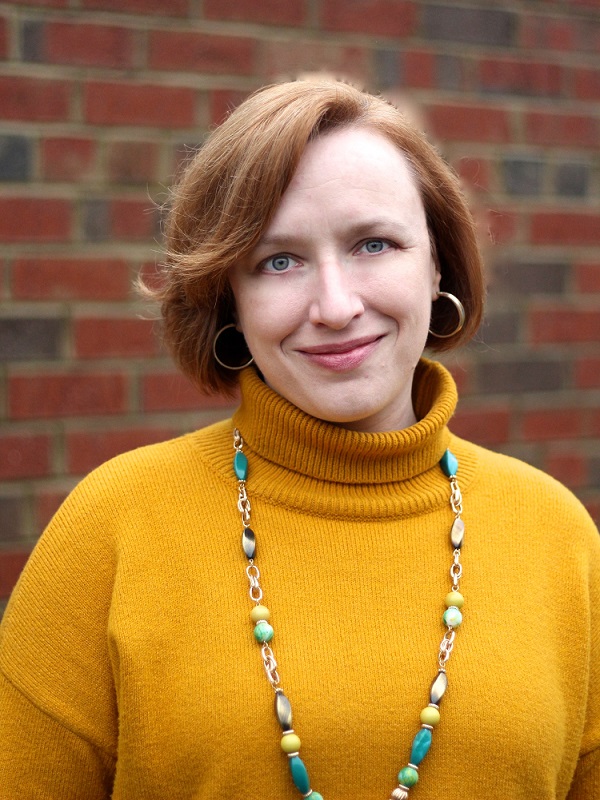
Cynthia Miller, Ph.D., LPC
Cynthia Miller is a licensed professional counselor (LPC) with over 15 years of experience providing individual and group counseling to adults in institutional, community and forensic settings. She received her B.A. in psychology and political science from Alma College and completed her M.Ed. in counseling in higher education and her Ph.D. in counselor education and supervision at the University of Virginia. Dr. Miller is assistant professor and clinical coordinator at South University–Richmond.
Dr. Miller began her counseling career working with women in a domestic violence shelter, where she began learning about trauma. She later worked in a women’s prison, where she learned about the complex interplay between trauma, addiction and mental illness. While there, she received training in dialectical behavior therapy (DBT) and developed a modified DBT program for the facility. Her dissertation explored the common practices of supervisors providing supervision for licensure and provided a blueprint for practicing clinicians providing supervision to licensure candidates.
Dr. Miller's clinical interests include complex trauma, borderline personality disorder, clinical supervision and psychopharmacology, and she has presented on these topics at the state, regional and national levels. Dr. Miller resides in Charlottesville, Virginia, where she maintains a small private practice. She welcomes opportunities for collaboration and is always happy to hear from colleagues in the field.
Therapeutic Approaches to Trauma—Part 2: Interventions
In this webinar, participants will learn specific interventions to use with clients to manage dissociation, prevent retraumatization, and help heal in each of the three phases of trauma-informed care. These phases are: (1) establish safety and stabilization; (2) reprocess traumatic memories; and (3) reconnect to a healthy sense of self, relationships and the world. Moreover, participants will learn creative strategies to empower and uplift clients and to make new meanings that fit within their cultural, spiritual and family values.
At the end of this session, participants will be able to:
- Describe at least two interventions to establish safety and stabilization with traumatized clients.
- Describe at least two interventions to help clients reprocess traumatic memories without abreacting or dissociating.
- Describe at least two interventions to help clients reconnect to a healthy sense of self, relationships and the world.
- Discuss the role of meaning-making after trauma and how to collaborate with the client to work within his or her cultural, spiritual and family values.
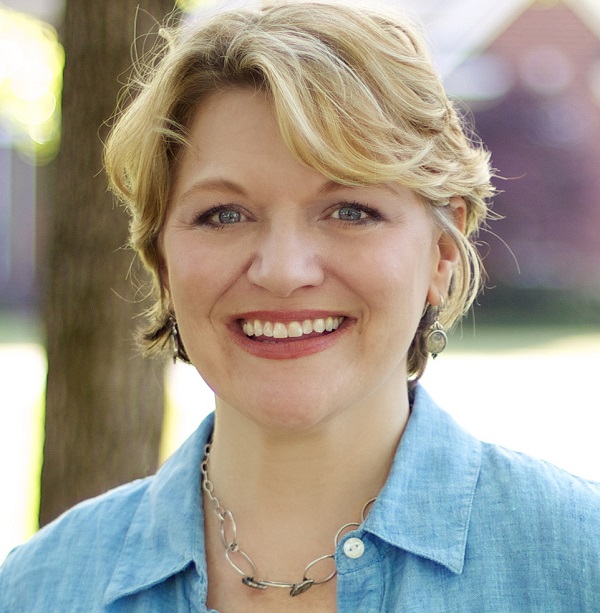
Courtney Armstrong, M.Ed., NCC, LPC
Courtney Armstrong is a licensed professional counselor in Tennessee and a National Certified Counselor (NCC) who specializes in grief and trauma recovery. With a career spanning more than two decades, she owns and directs Tamarisk Counseling Center, in Chattanooga, Tennessee, and has helped thousands of clients overcome trauma, grief and anxiety, and experience deep personal transformation. Ms. Armstrong also offers face-to-face and online training to mental health professionals, showing them how to help their clients to clear underlying trauma that may be affecting their health, their relationships and their lives in general. Her professional expertise has made her a much sought-after media guest, appearing on CBS Radio News, NPR, Shrink Rap Radio and The Trauma Therapist Podcast, among others. Ms. Armstrong has also contributed to professional publications such as Psychotherapy Networker, The Neuropsychotherapist and Counseling Today, and is the author of Transforming Traumatic Grief (2011) and her latest book, The Therapeutic “Aha!”: 10 Strategies for Getting Your Clients Unstuck (2015).
Q & AFamily-Inclusive Substance Abuse Counseling for Racial and Ethnic Minorities
Family involvement is becoming increasing popular and vital in substance abuse treatment. Empowering family members to support each other and their loved ones and to advocate for addiction and recovery needs is a vital part of a family counselor’s role in substance abuse treatment.
Counselors must be cognizant of the differences between themselves and the people that they are serving as well as differences within clients’ families. Counselors have their own cultural biases, and unawareness of these may impeded the progress of the client and their family members. Family-inclusive substance abuse counseling requires awareness of various culturally specific norms for racial and ethnic minorities in order to increase service effectiveness.
During this session, participants will learn:
- What the Addiction Counseling Competencies state regarding family involvement and diversity.
- Cultural factors that may influence working with certain families in substance abuse treatment.
- The personal, environmental and sociopolitical context of clients who are culturally different.
- About the significance family members assign to their own identities in relation to the therapist.
- How to promote sensitivity to cultural differences of familial groups being counseled concerning substance abuse.
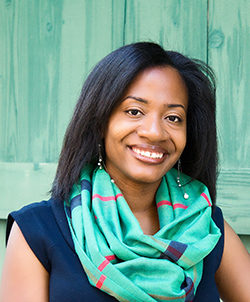
Asha Dickerson, Ph.D., NCC, LPC
Asha Dickerson is a professor in the Counseling Department at Argosy University Atlanta. She is a National Certified Counselor and a licensed professional counselor in Georgia. Dr. Dickerson is a native of Montgomery, Alabama, and alumna of the University of Alabama at Birmingham, where she received bachelor’s and master’s degrees. She received her Ph.D. in counselor education and supervision from Auburn University. Dr. Dickerson was an inaugural fellow of the NBCC Foundation Minority Fellowship Program.
Prior to entering academia, Dr. Dickerson served as the family and community service coordinator for Fellowship House, Inc., a private, nonprofit, substance abuse recovery program designed to serve the special needs of individuals who suffer from alcoholism or drug addiction and other mental illnesses. While in this position, she created and expanded multiple programs to enrich the lives of individuals who have family members suffering with substance addiction.
Dr. Dickerson is very active in several community, state and national organizations and currently serves as secretary for the Association of Multicultural Counseling and Development and chair of the NBCC Minority Fellowship Program Advisory Council. Her clinical and academic specialties include social and cultural diversity and counseling addicted families.
Q & AResponding to Subpoenas and Requests for Court Appearances
Some counselors serve as expert witnesses as a part of their practice. Counselor experts are paid to give their opinions regarding issues such as child custody, evaluations of the mental or physical status of individuals related to work, and professional and ethical conduct. Counselors who do not serve as expert witnesses sometimes are asked by clients to appear in court as fact witnesses on their behalf or receive subpoenas to appear in court.
Many counselors want to avoid appearing in court except as compensated expert witnesses. Counselor and attorney Dr. Theodore Remley will explain why counselors should avoid court appearances when possible. Appropriate responses when subpoenas are received and effective responses when clients ask counselors to appear in their court will be provided. The speaker also will give participants advice on how to conduct themselves when compelled to appear in court.
At the conclusion of the webinar, participants will be able to:
- Understand the difference between expert witnesses and fact witnesses.
- List situations in which counselors often appear in court for a fee as expert witnesses.
- List situations in which clients request counselors to appear in court as fact witnesses.
- List situations in which counselors might receive subpoenas to appear in court.
- Respond appropriately when asked by a client to appear in court as a fact witness.
- Take the proper steps upon receiving a subpoena to appear in court.
- Discuss how counselors should conduct themselves when they are required to appear in court as fact witnesses.
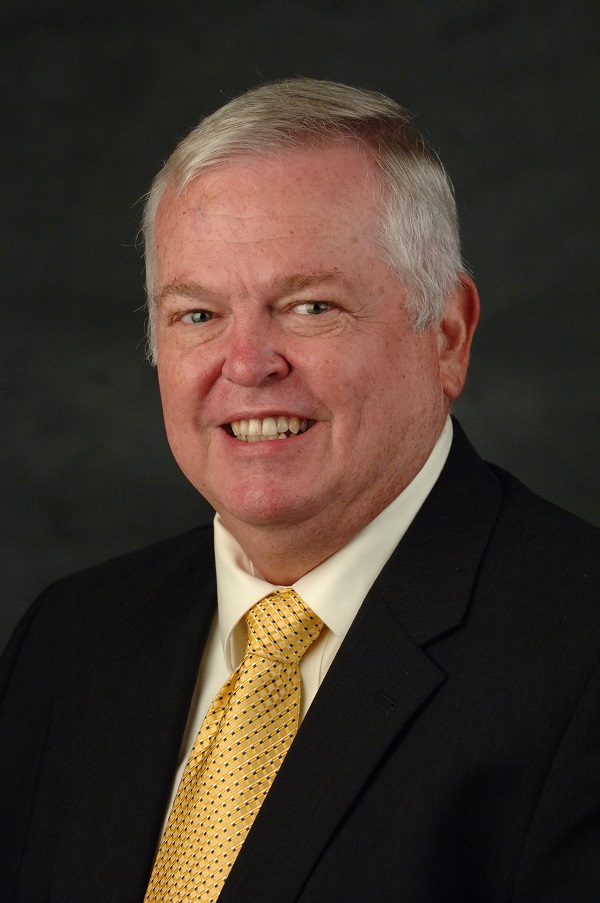
Theodore P. Remley Jr., Ph.D., J.D., NCC, LPC
Theodore P. Remley Jr. is a professor of counseling at Our Lady of Holy Cross College in New Orleans. He is a National Certified Counselor (NCC) and a member of Chi Sigma Iota, the international counseling honor society. He is licensed as a professional counselor in Virginia, Louisiana and Mississippi, and is licensed to practice law in Virginia and Florida. Dr. Remley holds a Ph.D. in counselor education from the University of Florida and a law degree (J.D.) from Catholic University, in Washington, DC.Dr. Remley is the author or coauthor of a number of articles, books and book chapters related to legal and ethical issues in counseling. He has worked with NBCC-International to offer counseling institutes in Bhutan, Argentina, Ireland and Malawi. Dr. Remley has held full-time counseling faculty positions at George Mason University, Mississippi State University, the University of New Orleans and Old Dominion University. Dr. Remley is former executive director and a fellow of the American Counseling Association (ACA). He received the Lifetime Achievement Award from the Association for Counselor Education and Supervision.
Q & ANBCC Foundation has been approved by NBCC as an Approved Continuing Education Provider, ACEP No. 805. Programs that do not qualify for NBCC credit are clearly identified. NBCC Foundation is solely responsible for all aspects of the programs.
Each state sets its own requirements for licensure, including continuing education requirements to maintain licensure. Questions about CE requirements for state licensure should be directed to your state board. You can find their contact information on our state board directory.
